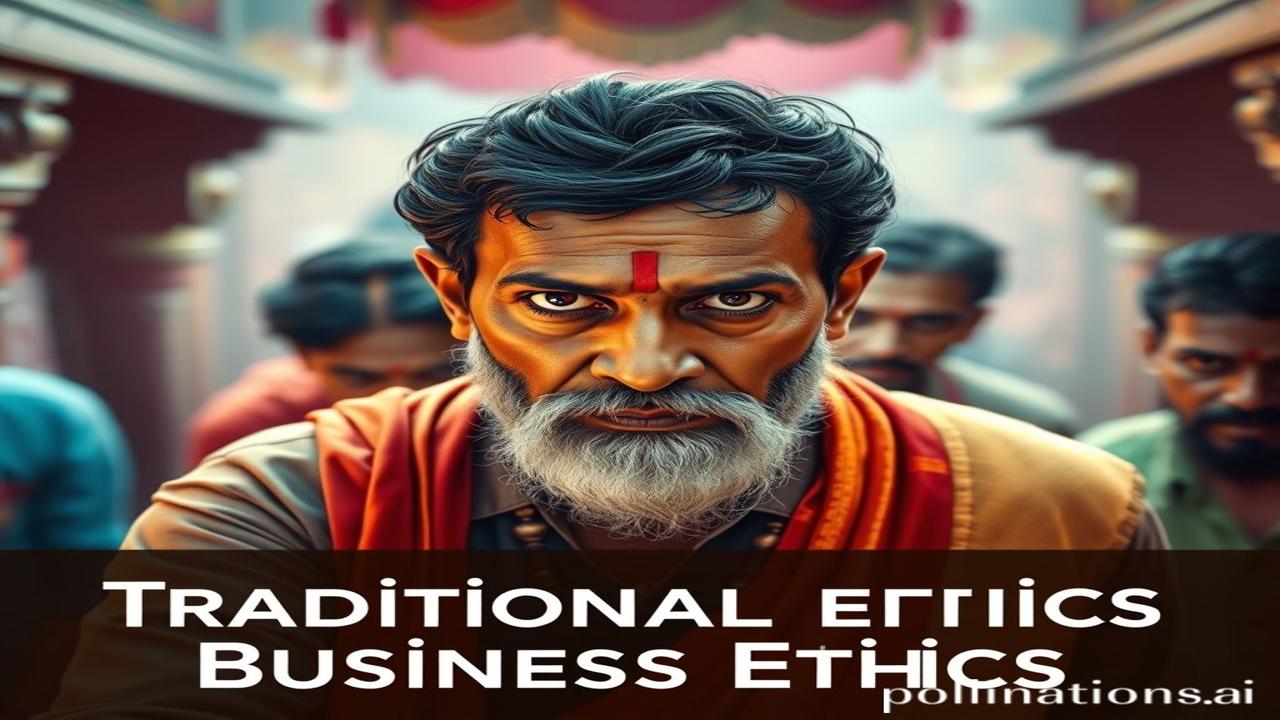Waqt Ki Reti Mein Chhupe Sach: Traditional Business Ethics
Kabhi socha hai, woh purani haveliyon ki deewaron mein kya cheekhti hai? Woh patthar jo hazaaron saalon ki kahaniyan apne andar samete hue hain… aaj, hum unhi kahaniyon ko khojne niklenge. We’ll unravel the silken thread of traditional business ethics, a thread woven into the very fabric of India. Forget the boring textbooks; this is a journey into the heart of Bharatiyata, where commerce wasn’t just about profit, but about dharma itself.
The Golden Age: A Glimpse into the Past
What exactly are we talking about when we say “traditional business ethics”? It’s not just about being polite to your customers! This is a deeply ingrained philosophy that guided economic activities in ancient and medieval India. Think back to the times of the Maurya Empire (322-185 BCE) or the Mughal era (1526-1857). Trade routes flourished, and with them came a complex system of ethics that emphasized honesty, fairness, and social responsibility.
Why was this so important? Well, in a society where trust was paramount, these principles ensured the smooth functioning of trade and commerce. Vishwas (trust) was the currency of the day. A broken promise could ruin not just your business, but your entire reputation. This ethical framework wasn’t just a nice-to-have; it was essential for survival and prosperity.
Baazaaron Mein Zindagi: People and Principles
Imagine a bustling marketplace in ancient Pataliputra. The air is thick with the scent of spices, sandalwood, and freshly baked bread. Merchants, artisans, and farmers haggle over prices, their voices rising above the din. But even in this chaotic environment, a code of conduct prevailed.
Let’s picture a potter, Kumar. He carefully crafts his clay pots, ensuring each one is of the highest quality. He knows that if he sells shoddy goods, he’ll lose the trust of his customers. His dharma (duty) is to provide the best product he can.
Aur phir hain Sethji, the wealthy merchant. He donates a portion of his earnings to charity, supports local temples, and provides loans to struggling farmers. For him, wealth isn’t just about personal gain; it’s about serving the community. In his words, “Dhan toh aata jaata rahega, lekin izzat hamesha barkaraar rehni chahiye.”
Ma Rukmini, a weaver, spends days weaving intricate designs into her sarees. She uses only the finest silk and dyes, knowing that her customers value quality. Her dedication to her craft is a form of worship. She believes that honest labor is the key to a fulfilling life.
Dharohar and Identity: Echoes of the Past
Today, we see echoes of these traditional business ethics in various aspects of Indian life. The emphasis on customer satisfaction, the importance of building long-term relationships, and the concept of corporate social responsibility – these are all rooted in our ancient traditions.
Think about the halwai who insists on using pure ghee in his sweets, even though it costs more. Or the shopkeeper who offers a fair price, even to a tourist who might not know any better. These are small acts of imandaari (honesty) that reflect a deeper cultural value. Bharatiyata is not just about the festivals we celebrate, but also about the values we uphold in our daily lives.
Mazedaar Tathy: Fact vs. Fiction
Log samajhte hain ki ancient India mein sirf dharma aur moksha ki baatein hoti thi, lekin asli sach yeh hai ki artha (wealth) bhi ek mahatvapoorn uddeshya tha. However, it was always balanced with dharma. Wealth without ethics was considered dangerous and unsustainable.
Another misconception: people often think that traditional business practices were inefficient and outdated. But in reality, these practices were highly sophisticated and adapted to the needs of the time. They fostered trust, encouraged innovation, and promoted long-term growth.
Visuals and Sensations: The Spice Route
Imagine the aroma of cardamom and cloves wafting through the air as you enter a bustling marketplace. Feel the rough texture of handwoven cotton as you examine a garment. Hear the rhythmic clang of the blacksmith’s hammer as he shapes a piece of iron. The sensory experience of traditional Indian markets was rich and vibrant, reflecting the diversity and dynamism of the culture.
Antim Vichar: The Enduring Legacy
Traditional business ethics in India wasn’t just about making money; it was about living a life of purpose and integrity. It was about recognizing our interconnectedness and contributing to the well-being of society. Yeh ek dharohar hai, ek legacy hai, jise humein sambhal kar aage badhana hai.
““Satyam bruyat, priyam bruyat, na bruyat satyam apriyam. Speak the truth, speak pleasantly, do not speak the truth unpleasantly.” This ancient saying encapsulates the essence of ethical communication and serves as a timeless reminder of the power of words. And that, my friends, is the true essence of Indian business ethics – a blend of truth, kindness, and unwavering dharma*.
